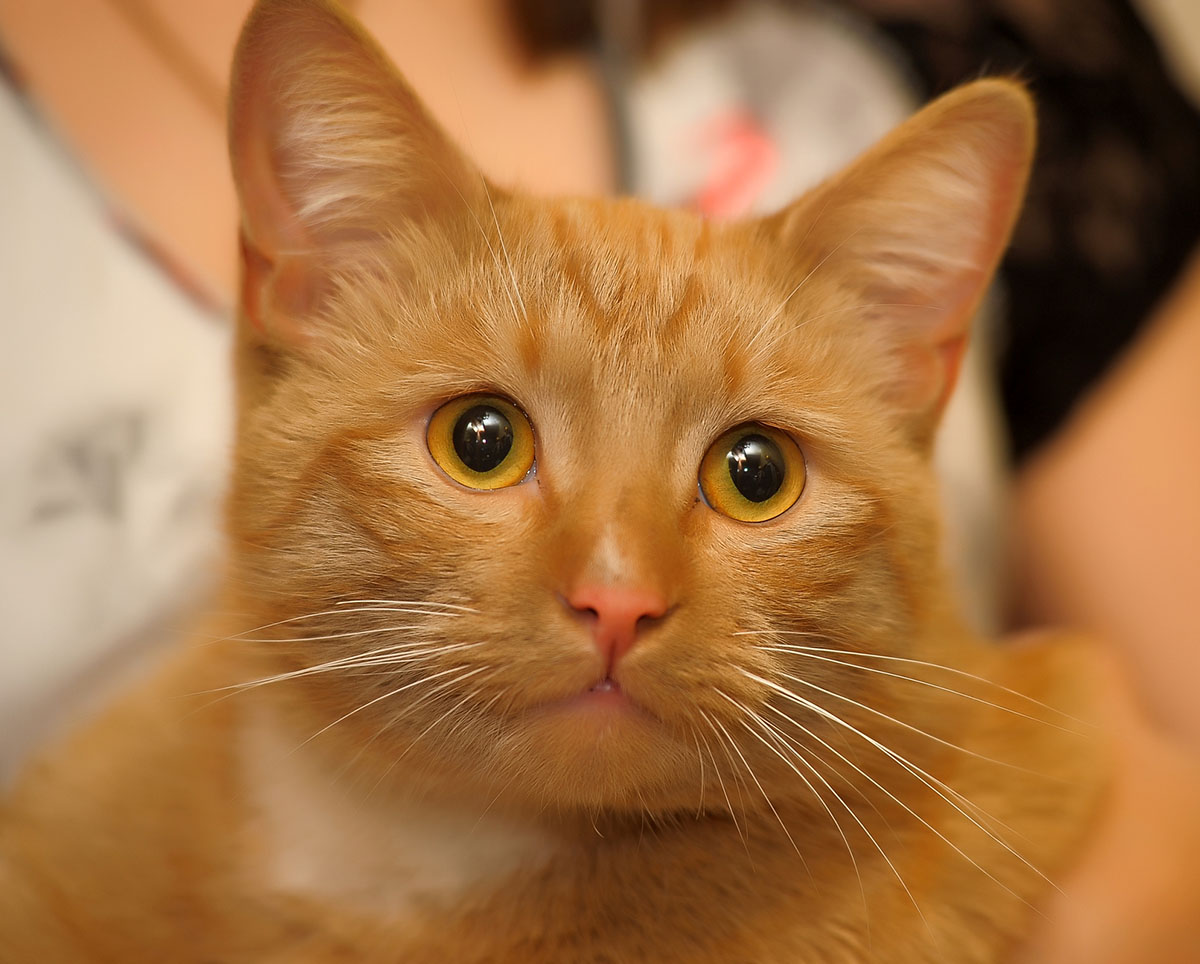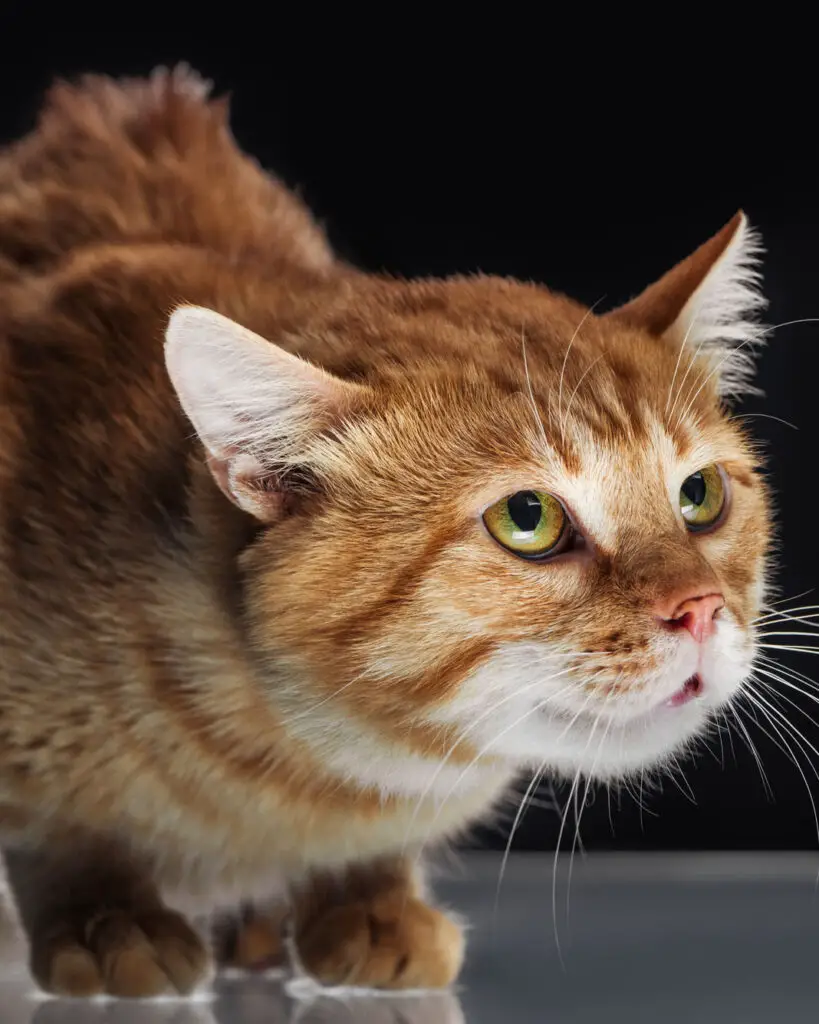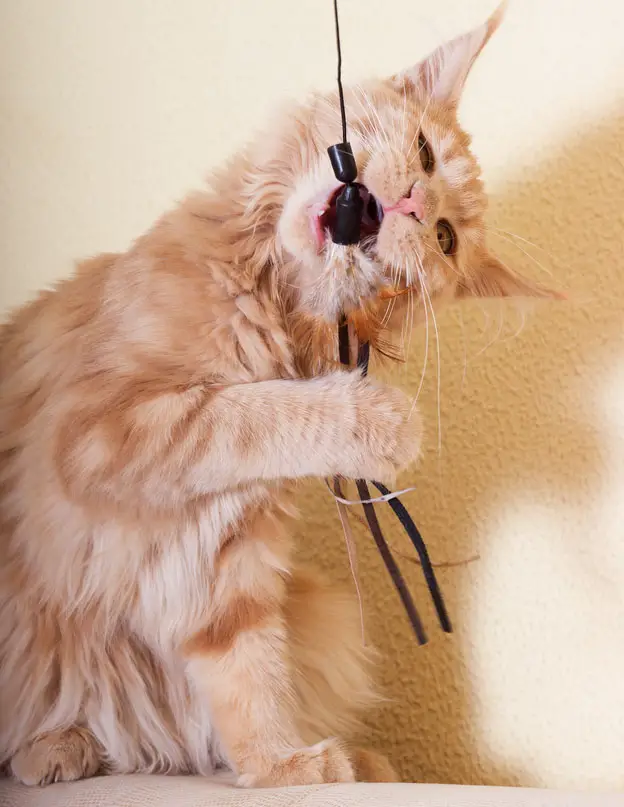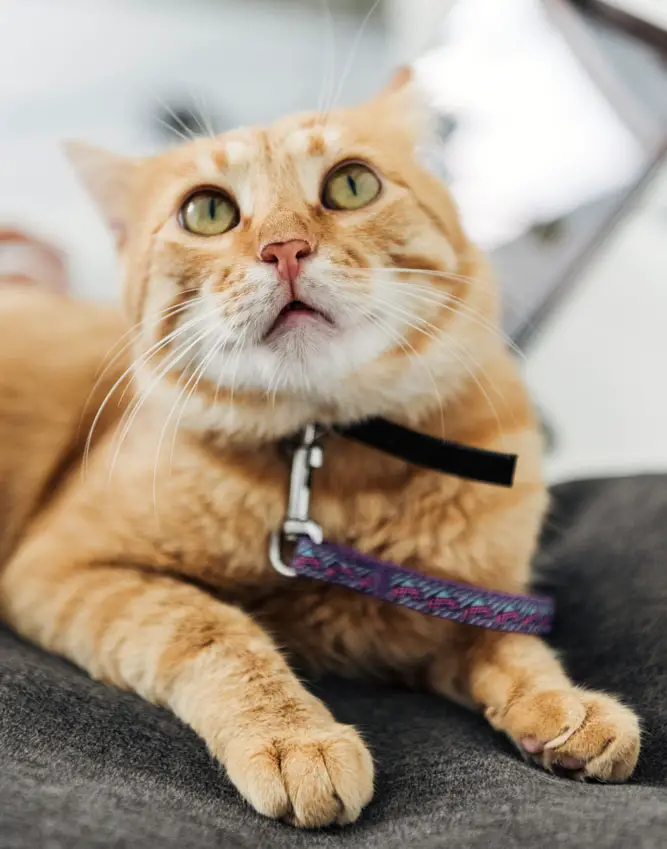My Cat Ate Dental Floss, What Should I Do Next?
Cats are known for their insatiable appetite. But what if my cat ate dental floss, should I worry?
As a long-time cat owner, it’s not news that kitties will try to swallow dental floss. After all, it’s a piece of string, much like the yarn cats love to play with.

But unlike yarn, dental floss can pose a threat to your cat’s health. In this post, I discuss why you shouldn’t be complacent about this incident and what you should do in case your pet got its paw on your dental hygiene kit.
What happens if my cat ate dental floss?
To be fair, a small piece of dental floss is unlikely to hurt a cat. An inch or two will often pass on the kitty’s stool without much fuss.
But as they say, too much of anything is bad. So if your cat loves playing or chewing dental floss, here is the crucial information you should know right away:
1. Dental floss can ball up and cause intestinal blockage
Ingesting repetitive and a large amount of dental floss is a big problem. This string, while thin and flimsy, can ball up inside your cat’s tummy.
When this happens, your cat may suffer from intestinal blockage. After all, dental floss is made of nylon filaments, which cats can’t digest.
Over time, the balled-up dental floss can prevent fecal matter from passing through your cat’s body. Some felines may choke on a clump of dental floss, especially small kittens.
2. Some dental floss products have xylitol.
Another thing you should worry about is xylitol. Many dental floss products are minty and have xylitol, a sugar-free sweetener.
Aside from dental floss, xylitol is also present in toothpaste, rinses, gums, candies, and other sweetened food products as an alternative to table sugar.
Unfortunately, xylitol is highly toxic to cats and dogs. Even in tiny amounts, xylitol can cause a sudden dip in blood sugar levels in as fast as 30 minutes.
Aside from that, xylitol will cause liver injury, which will ultimately lead to life-threatening consequences.
Take note that xylitol as little as 0.1 grams per kilogram of your cat’s body is enough to trigger hypoglycemia. Death can occur if your pet consumes 0.5 grams per kg. of its weight.

3. The minty flavor of dental floss resembles catnip
You should be careful about the minty scent of dental floss since it resembles the odor of catnip. This explains why some kitties may seek dental floss and even try to swallow it.
Some cats would even go to great lengths stealing dental floss from your counter or scavenging used ones from the trash.
So if your pet is obsessed with catnip, make sure that your dental floss is tucked away from its reach. Also, keep your trash bins covered after throwing away used floss.
Should I call the vet if my cat at dental floss?
If your cat only ate a short strand of floss, it’s usually nothing to worry about.
Nevertheless, it won’t hurt to consult the vet, especially if you suspect your cat ate a large amount of dental floss.
Overall, you should continue observing your pet for any adverse reactions. If your cat exhibits the following symptoms, you must bring it to a vet right away:
- Excessive vomiting
- Lingering diarrhea
- Lethargy
- Muscle weakness
- Incoordination
- Restlessness
- Poor appetite
- Intense drooling
- Dry heaving
- Labored breathing
- Loss of consciousness
Take note that diarrhea and vomiting should be taken seriously as they can easily lead to dehydration. Also, you should be more cautious if you have a small kitten since its tiny body can easily succumb to fluid loss.
Can cats digest dental floss?
No, cats can’t digest dental floss since it’s made of a synthetic material like nylon filaments or Teflon. In fact, traditional floss would take up to 80 years to break down completely in a landfill.
Aside from that, dental floss also comes in picks, which are made of plastic. If your cat ate one of these, you should consult the vet as the plastic material may cause intestinal blockage or bleeding.
But before you panic, you should know that most cats can pass dental floss through their stool after a few days. If it’s not passing on your pet’s stool, you should get the vet involved.

How do I know if my cat ate floss?
Unless you caught your cat in the act, it could be hard to determine if your cat ate dental floss.
Still, you can observe for symptoms like vomiting, diarrhea, and weakness, which are hallmark signs of dietary discretion. Some examples here are when a cat ate feathers, strings, paper, plastic, wood, and so on.
Take note that some cats may not show any possible signs of dental floss ingestion. It could take hours to days before the symptoms set in.
How long does it take for a cat to pass a floss?
On average, a cat can pass a string of floss within 10 to 24 hours. However, the problem here is that you usually don’t know how much remains in your cat’s digestive tract.
If your cat is still not passing the floss, you can seek the advice of a veterinarian.
How do I make my cat throw up string?
First of all, never try to induce vomiting in your cat unless a veterinarian advises it. Forcing your pet to vomit may do more harm than help if not performed properly.
Induced vomiting can cause choking, or your cat may aspirate on its vomit. Both can be life-threatening, so I don’t recommend unsupervised induction of vomiting.
If your cat ate a string and choked on it, you should check if any part of the string can be pulled out of its mouth. If there’s none, you should call the vet or bring it to the nearest pet clinic.

Conclusion
Dental floss is dangerous to cats since it may contain xylitol, wax, and artificial flavoring. The indigestible material also increases the possibility of intestinal blockage and similar risks.
If you suspect your cat ingested dental floss, don’t hesitate to call the vet. This is much so if the feline is already exhibiting adverse symptoms.
Above all, you should keep away any dental floss or any type of string that your cat may ingest. You should also be careful with the toys you get, as some have string materials similar to floss.
